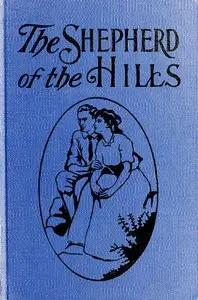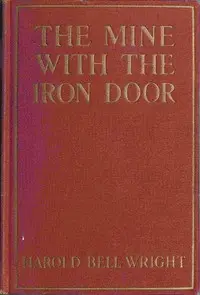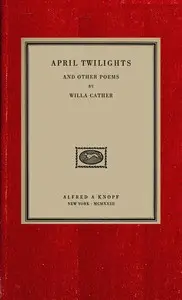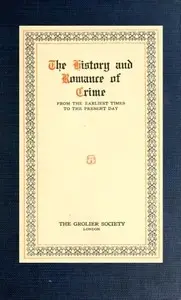"Helen of the Old House" by Harold Bell Wright is a novel written in the early 20th century. The story is set in the small manufacturing city of Millsburgh and revolves around the lives of its inhabitants, focusing on the contrast between the wealthy Mill owner Adam Ward and the struggling working-class families in the community. The characters, particularly Adam's daughter Helen and the children Bobby and Maggie Whaley, navigate themes of class struggle, happiness, and social responsibility against the backdrop of an industrialized society. The beginning of the novel introduces two children, Bobby and Maggie Whaley, who live in a poor community overshadowed by the Mill owned by Adam Ward. As they explore their environment, they come across a peculiar figure known as the Interpreter, who resides in a small hut on a cliff overlooking the Mill. The children, drawn by curiosity and the hope of adventure, climb to meet the Interpreter and are welcomed into his world filled with stories and kindness. Their initial joy is contrasted sharply with their subsequent encounter with Adam Ward, who harshly confronts them, revealing the depth of class divides and animosity that permeates their lives. The story sets the stage for deeper explorations of personal connections, societal roles, and the quest for happiness amidst adversity. (This is an automatically generated summary.)

Helen of the Old House
By Harold Bell Wright
"Helen of the Old House" by Harold Bell Wright is a novel written in the early 20th century. The story is set in the small manufacturing city of Mills...
Harold Bell Wright was a best-selling American writer of fiction, essays, and nonfiction. Although mostly forgotten or ignored after the middle of the 20th century, he had a very successful career; he is said to have been the first American writer to sell a million copies of a novel and the first to make $1 million from writing fiction. Between 1902 and 1942 Wright wrote 19 books, several stage plays, and many magazine articles. More than 15 movies were made or claimed to be made from Wright's stories, including Gary Cooper's first major movie, The Winning of Barbara Worth (1926) and the John Wayne film The Shepherd of the Hills (1941).












